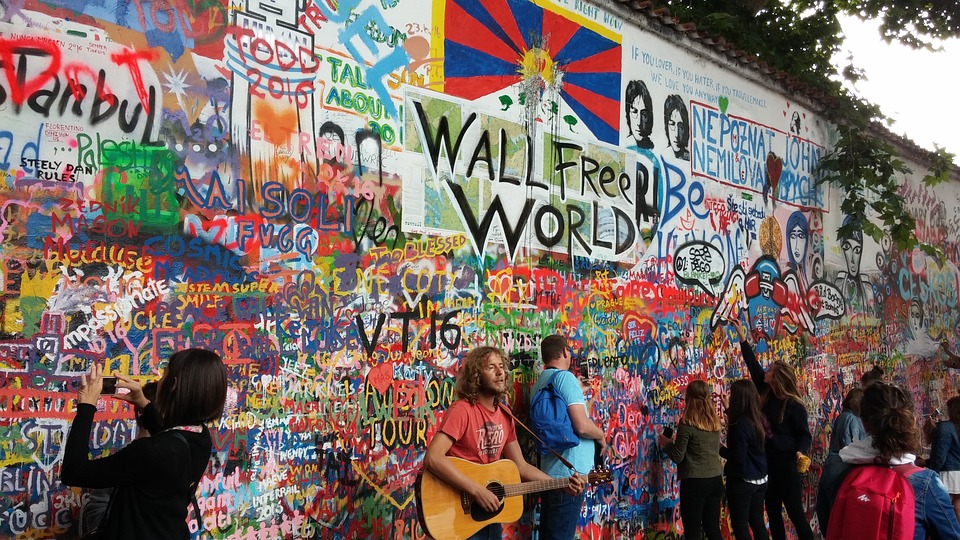The Importance of Diversity in Popular Culture
In recent years, there has been a growing push for greater diversity in popular culture. This is due to the recognition that representation matters, and that people from all walks of life deserve to see themselves reflected in the media they consume. When popular culture fails to accurately represent the diversity of the world we live in, it can lead to harmful stereotypes and perpetuate inequalities.
Why Representation Matters
Representation in popular culture is important for several reasons. Firstly, seeing people who look like us, talk like us, and live lives similar to ours helps to validate our own experiences and identities. When individuals from marginalized groups are consistently left out of mainstream media, it can send the message that their stories are not worth telling or that they do not matter.
Moreover, diverse representation in popular culture can help to break down stereotypes and challenge bias. When media perpetuates harmful stereotypes about certain groups of people, it can lead to prejudice and discrimination. By showcasing a wide range of backgrounds, cultures, and experiences, popular culture has the power to educate and enlighten its audience about the richness and diversity of the world.
The Current State of Representation in Popular Culture
While progress has been made in recent years towards greater diversity in popular culture, there is still much work to be done. Historically, popular media has been dominated by white, heterosexual, able-bodied individuals, with other groups often being relegated to token or stereotypical roles.
However, there are signs of change. In television, we are seeing more diverse casts and storylines that center around characters from marginalized backgrounds. Shows like “Pose,” “Black-ish,” and “One Day at a Time” have been praised for their nuanced and authentic portrayals of diverse communities.
Similarly, in film, there has been a push for more inclusive storytelling. The success of movies like “Black Panther,” “Crazy Rich Asians,” and “The Farewell” have demonstrated that audiences are hungry for stories that reflect the diversity of the world we live in.
Challenges to Representation in Popular Culture
Despite the progress being made, there are still significant challenges to achieving true diversity in popular culture. One of the biggest hurdles is the lack of diversity behind the scenes. Many decision-makers in the entertainment industry are white and male, which can result in a narrow focus on stories that cater to a specific audience.
Additionally, there is often resistance to change from those who fear that greater diversity will alienate traditional viewers or impact profits. This mindset ignores the fact that diversity is not only an ethical imperative but also a smart business decision. Research has shown that audiences are more likely to support media that reflects their own experiences and identities.
Steps Towards Greater Diversity
Despite these challenges, there are steps that can be taken to promote greater diversity in popular culture. One key strategy is to support and promote creators from diverse backgrounds. By empowering marginalized voices and providing them with opportunities to tell their own stories, we can ensure that a wider range of perspectives are represented in the media we consume.
Another important step is to hold the entertainment industry accountable for its representation practices. This can involve supporting initiatives like the #OscarsSoWhite campaign, which calls attention to the lack of diversity in Hollywood and pushes for systemic change. By using our voices and our wallets to demand greater diversity, we can help to create a more inclusive and representative popular culture.
In conclusion, the representation of diversity in popular culture is essential for fostering a more inclusive and accepting society. By showcasing a wide range of backgrounds, experiences, and identities, popular culture has the power to challenge stereotypes, promote empathy, and celebrate the richness of the world we live in. While there are still challenges to overcome, there is hope that with continued efforts and advocacy, we can create a more diverse and representative media landscape for all.











Leave a Reply